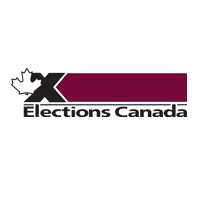Unpopular as the answer is, they’re correct that the government doesn’t get to just charge people.
That would be a decision by select investigators within the RCMP and the Public Prosecution Service of Canada. I can’t find anything specifying that a treason charge requires attorney general consent, but I’m browsing on my phone and may have just not found it. Sure as hell the AG would be in the loop.
Police and crown could not move on this unless they had a body of disclosable evidence. That would have to be negotiated with the intelligence community: domestic for sure, and potentially foreign allies. Crown would need intelligence partners to lift caveats prohibiting disclosure. This would be a conscious choice to accept the loss of some sources and methods. In the strictest sense it’s the Attoeney General who holds the legal authority to exercise national secure privilege to exclude evidence; in practice, that’s coordinated between police, crown, and originating agencies through a team at Department of Justice who deal with national security litigation. This is a process used in other national security prosecutions.
All that to say- there are a lot of moving parts and some of the gears grind each other, and I’m just scratching the surface. The intelligence community defaults against disclosure; it would likely require a serious political decision and direction to the heads of IC agencies to authorize disclosure sufficiently to prosecute, knowing the downstream impact that would have on future security intelligence collection.
All of that is based on the system as it exists presently. Changing that system would require some very sober and deliberate legislative reform to amend how national security evidence can be handled by the courts. It that doesn’t solve the ‘right now’ problem.
The party leaders could simply and without fanfare and comment eject certain members from their causes, say that they can divulge why, and let the public draw their own inferences from that. But this entire venture remains an effort to pick up a turd by the clean end.




